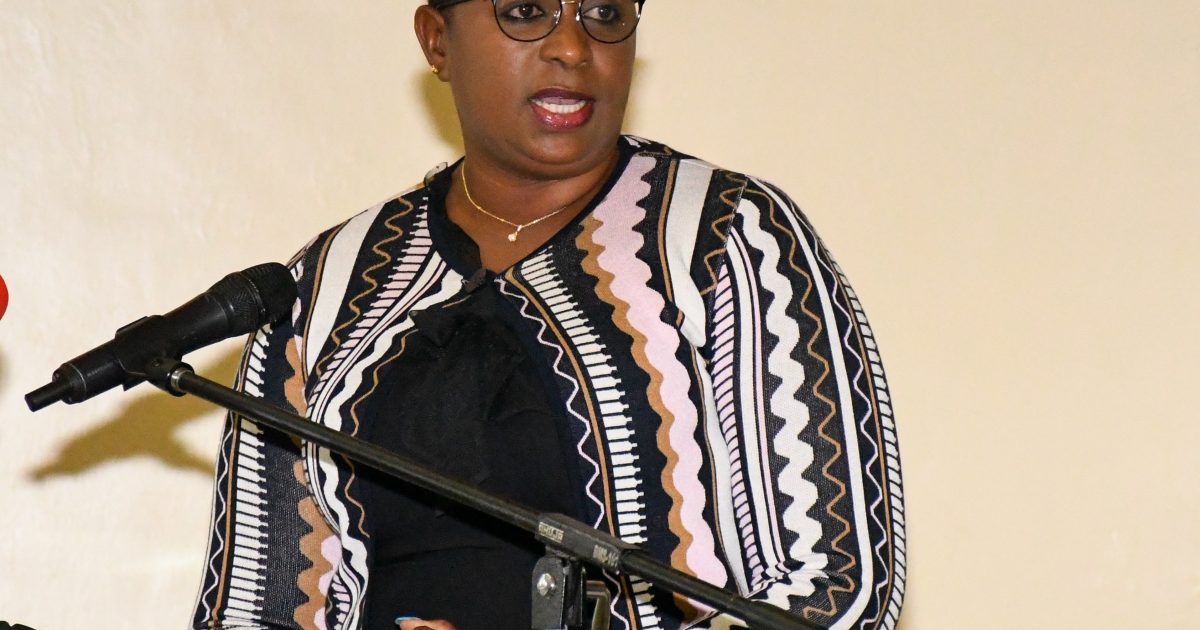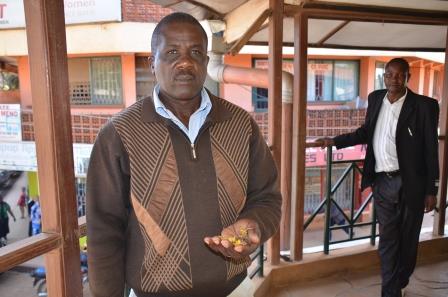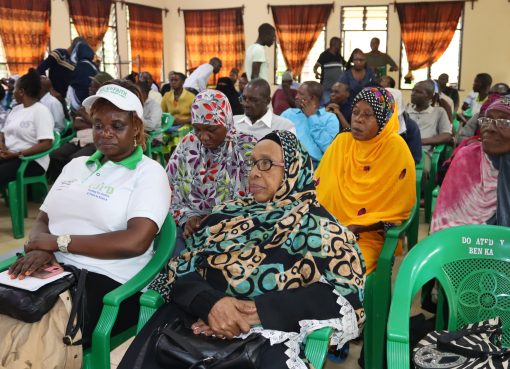The state department for public service has launched the Government Human Resource Information System (GHRIS) upgraded infrastructure and the Unified Human Resource (UHR) system, which is geared towards providing efficient and effective service delivery at both levels of government.
Ministry of Public Service Gender and Affirmative Action Cabinet Secretary (CS) Aisha Jumwa said that the launch of the upgraded ICT infrastructure has come at a time when the government is prioritizing digitization of its processes through innovation and capacity building via what is being referred to as the digital superhighway.
Speaking at the Kenya School of Government during the launch Monday, Juma said that during the 59th Jamhuri day celebrations 2022, the president delivered a speech dedicated to the country’s futuristic theme, which revolves around technology and innovation which will help people to connect, innovate and inspire.
“The digital superhighway will play a critical role in enabling us to make tremendous achievements in the other four pillars of health, agriculture, Micro Small and Medium Enterprises (MSME), and financing as well as enhancing revenue collection via automation of VAT systems,” she said.
The CS highlighted that the main objective for the roll out of the Unified Human Resource Management System and the upgraded GHRIS is to have their systems go in line with the president’s call for digitization of government functions.
“As part of digitization of various government functions, my ministry is also upgrading the ICT infrastructure for enhancing delivery of the services offered under the Huduma Kenya programme,” said Jumwa.
She explained that as a catalyst to achieve its economic and social development agenda and realization of the Kenya Kwanza manifesto, the government requires a strong public service that is IT savvy with up-to-date real time data and the ability to make timely and sound decisions.
“The launch of these new systems marks the beginning of a journey that will transform the management of the human resource information across the public service by enhancing availability and accessibility of information in the desired format and ensuring compliance and good corporate governance in the human resource management practice,” said the CS.
The CS ordered that all public organizations whose remuneration and benefits are payable directly from the consolidated fund or directly out of money provided for by parliament should migrate their Human Resource (HR) and payroll data and embrace the new unified HR system as the authorized shared government platform as was communicated by the head of public service.
Jumwa assured that her ministry will ensure smooth transition of all public service organizations into the new unified HR system within the provided timeline of July 1, 2023.
“I cannot forget the contribution made by the Ministry of Information, Communications and the Digital Economy for guiding on the appropriate technical specifications for the newly acquired ICT infrastructure that will go a long way in supporting HR data consolidation in the public service,” said Jumwa.
State Department for Public Service Principal Secretary (PS) Amos Gathecha said they noted that public service institutions use different and independent human resource information systems, whose end result is weak control in human resource management, which limits the governments’ ability to make sound decisions on wage bill management, budgeting and national planning.
Gathecha committed to approach the National Treasury and secure the funding needed to ensure the success of the project.
“We require very clear timelines and we should have periodic reports so that we can be able to monitor the compliance levels which will enable us to walk this journey together,” said Gathecha.
He continued: “I had a meeting with the World Bank last week and one of their biggest worries is the parastatals because they feel that these institutions might not comply, so we require the assistance of the CS to have everybody compliant which will be very critical if we are to succeed on this.”
By Joseph Ng’ang’a





